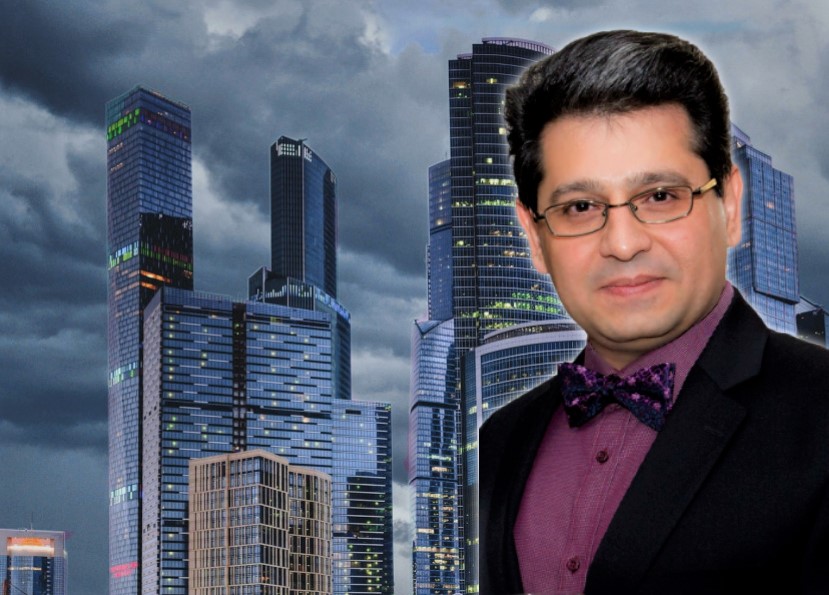According to a resent study by Oxfam, ‘An economy for the 99 percent’ (2017), the gap between rich and poor is wider than had been imagined. Oxfam’s report reveals how our broken economies are funnelling wealth to a rich elite at the expense of the poorest in society. The report states that “Eight men own the same wealth as the 3.6 billion people who make up the poorest half of humanity.”
Following further research on this topic, our editorial team noted a number of interesting publications by Mosi Dorbayani, a Canadian executive adviser and award-winning scholar, who answered our call to attend this interview.
Why we still see this growing gap in our economy?
MD: One reason is that there is a widening disconnection between limited resources and unlimited growth, and perhaps in case of some billionaires, even infinite greed. In one hand, we have the financial economy, such as Wall St. – a “casino” type of economy if you will, and in the other, we have the actual market, where we do our shopping, where buyers and sellers interact – the real economy. Since these two are disconnected, the economy is divided as it is. Government, businesses, and society are in conflict and working against each other, and of course on top of that, trade war and leaders’ threats are widening the gaps once again more than ever.
Is there a way out in this broken economy?
MD: What we as a society and entrepreneurs need to do and act upon fast – is to change our mindset, adjust and step into an economy, where its environment is more collaborative. Due to the mentioned conflict among the sectors, the typical vertical system of thinking and traditionally going up the ladders perhaps is no longer applicable for all middle and bottom classes. We need to shift our mindset and think ‘horizontally’ instead, and facilitate growth differently. That is ‘sensing the emerging future possibilities’, ‘seizing them immediately’, and ‘structuring them in form of co-operative enterprises ‘.
How can we initiate that “co-operative enterprises”?
In order to do that, one needs to embrace change, and the key is in our quality of thoughts, it is in our paradigm of thoughts – economic thoughts in particular. We need to change our paradigm of thinking, and shift it horizontally ahead for betterment of humanity. And of course, here is when ‘talent management’ and ‘talent development strategies’ become vital.
How talent management can influence economic growth?
MD: Most economies tend to grow when they develop their people in different ways that would maximize their potential to produce. The level of skills and knowledge that people gain in a community, are often an indicator for economic growth or a predictor of a forthcoming economic success. Recently, there have been some structural shifts in managing organizations – especially in North America, where place a considerable emphasis on talent development, talent retention and succession. This implies that a talent is a valuable resource, who plays a vital role in both local and state economic growth. Through talent development, businesses grow, and individuals prosper; this in turn, boosts local economy, which eventually affects macroeconomy and its prospective growth for a nation.
In your view, how executives and decision makers should act on that?
By leadership focusing on talents, ‘innovation and creativity’ can find their ways to flourish. Usually, when individuals are trained, they gain skills through which they can undertake duties with less supervision; this in turn, facilitates leaders to find time to develop strategies for competitive advantage. And of course macroeconomic decision and policies are the major driver of recruitment, human resource management and talent development.
In a healthy macroeconomic environment, HR managers and executives can facilitate innovations, greater productions, and cutting-edge technologies, which can support and benefit competitive marketability of a country. The recent research for my forthcoming book, ‘Talent-Based Economy’ shows that the deployment of talents and their skills at organizational level is linked to the economic performance of organizations and their macroeconomic environments broadly. Therefore, in my view, macroeconomic decisions and economic policies of governments would be more effective if they include talent development strategies at national level.
Interview conducted by,
Megan Carr, The Washington Mail



